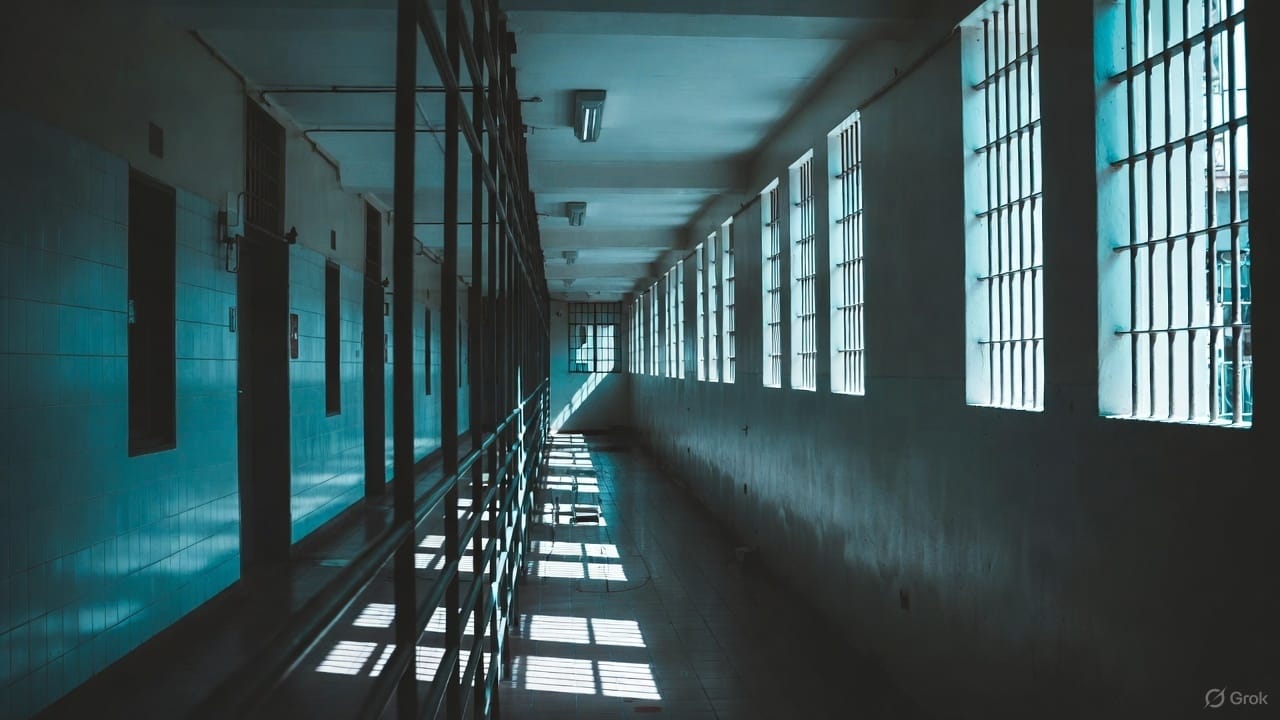- Shortlysts
- Posts
- Trump Ends Somali Migrant Protections Amid Fraud, Terror Links in Minnesota
Trump Ends Somali Migrant Protections Amid Fraud, Terror Links in Minnesota
Trump ends protections for Somali migrants, citing fraud and terror ties in Minnesota amid growing scrutiny of TPS and refugee programs.

What Happened
President Trump has announced the end of Temporary Protected Status for Somali nationals. This targets a policy that has shielded thousands from deportation since the early 1990s. The announcement comes amid concerns over fraud and national security risks linked to parts of Minnesota’s Somali migrant community.
Temporary Protected Status was first granted to Somali citizens in 1991 due to civil war and unrest. The number of active beneficiaries is relatively small, around 700 nationwide. The Somali population in Minnesota is substantially larger. Decades of refugee resettlement helped create that difference.
In recent remarks, Trump cited massive fraud and dangerous criminal activity as reasons for terminating the designation. He pointed to reports of Somali-linked welfare fraud schemes in Minnesota. Some of these schemes have allegedly funneled taxpayer dollars to the Somali terrorist group Al-Shabaab through informal money networks known as hawalas.
The White House referenced recent state and federal investigations into nonprofit and social service scams that have cost Minnesota taxpayers hundreds of millions. These schemes reportedly exploited programs meant for child nutrition, autism care, and public housing. Most cases remain under investigation. At least one federal probe has raised concerns that some of the diverted funds were transferred overseas. They may have reached terrorist actors.
Why It Matters
The decision is part of a crackdown on immigration programs the Trump administration sees as outdated, poorly vetted, or vulnerable to abuse. Critics of Temporary Protected Status have long argued that the temporary label has become meaningless. It has allowed recipients to remain in the country for decades regardless of changing conditions in their home nations.
Join Derek Jeter and Adam Levine
They’re both investors in AMASS Brands Group. You can join them and get up to 23% bonus stock. But only if you invest by Thursday, Dec. 4.
Why invest? They’re growing fast. Their brands cover everything from organic wine to protein seltzers. So with consumers seeking healthier options in the $900B beverage market, it’s no surprise AMASS has made over $80M to date, including 1,000% year-over-year growth.
They have even more ambitious plans for the future too. They’ve reserved the Nasdaq ticker $AMSS, enlisted a major investment bank to fuel their growth, and plan to 3X their retail footprint by 2028.
But your chance to amplify your investment with bonus stock ends soon. Become an AMASS Brands Group shareholder and secure your bonus stock by Dec. 4.
Disclaimer: This is a paid advertisement for AMASS’s Regulation CF offering. Please read the offering circular at https://invest.amassbrands.com
By ending Temporary Protected Status for Somalis, Trump is ushering in a more aggressive approach to deportation and national security. It may also change how refugee and migrant communities are scrutinized moving forward. Scrutiny could increase based not only on legal status but also on the overall social and financial impact they may have at the state level.
Minnesota’s Somali population has received extensive support through taxpayer-funded programs over the years. Recent investigations have revealed serious abuse within that system. Fraud schemes tied to some Somali-run organizations have drained hundreds of millions in state and federal dollars. Some of the diverted funds were allegedly funneled overseas to fund terrorist groups like Al-Shabaab.
The Trump administration sees the rollback of Temporary Protected Status as a necessary step in restoring accountability. Ending protections for migrants tied to regions with ongoing criminal or security risks reflects an increased focus on enforcement. Legal challenges may follow. The change in policy suggests that long-term residency will no longer be guaranteed for groups linked to systemic abuse.
How It Affects You
For residents in Minnesota and other states with large Somali populations, this could mean increased deportation actions, stricter eligibility screenings for public benefits, and renewed debate over refugee resettlement. Some local governments may face pressure to reevaluate funding for programs that serve migrant communities.
For taxpayers, the issue ties directly to fraud and accountability. Minnesota has been at the center of several large-scale investigations into public assistance abuse. Losses are estimated in the hundreds of millions. Not all of these cases involve Somali nationals. Several high-profile examples do. The alleged connections to terror financing have intensified public scrutiny.
At the national level, the announcement may serve as a model for re-examining other Temporary Protected Status programs. More than 300,000 foreign nationals from countries like El Salvador, Honduras, and Haiti currently hold protected status. If Trump applies this same approach to other groups, the ripple effects could reshape immigration policy well beyond Minnesota.
This decision reflects a renewed focus on enforcement. It also reflects the view that immigration policy should prioritize national security, public order, and fiscal integrity. This is in contrast to indefinite protection for foreign nationals whose countries are no longer deemed unsafe.
